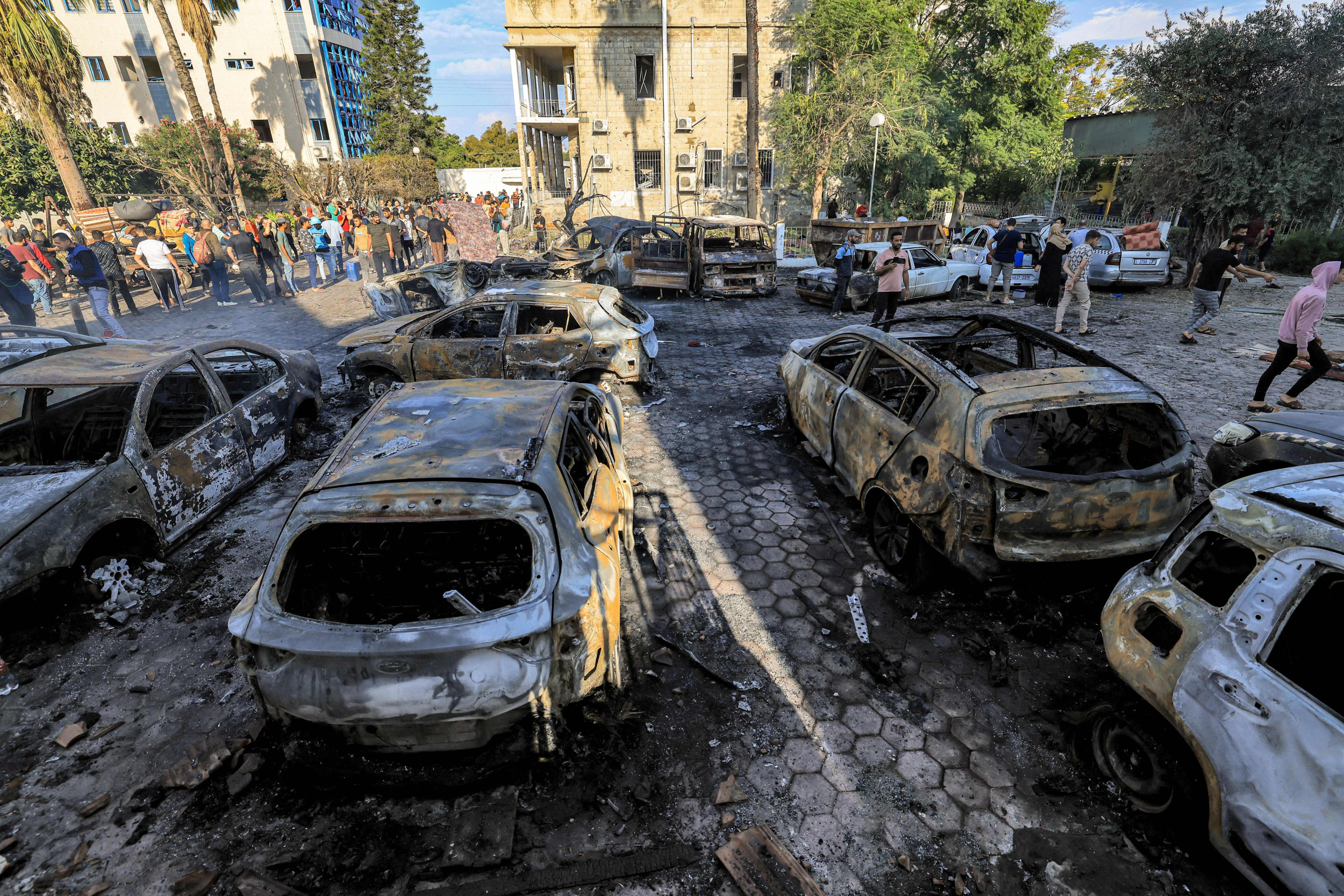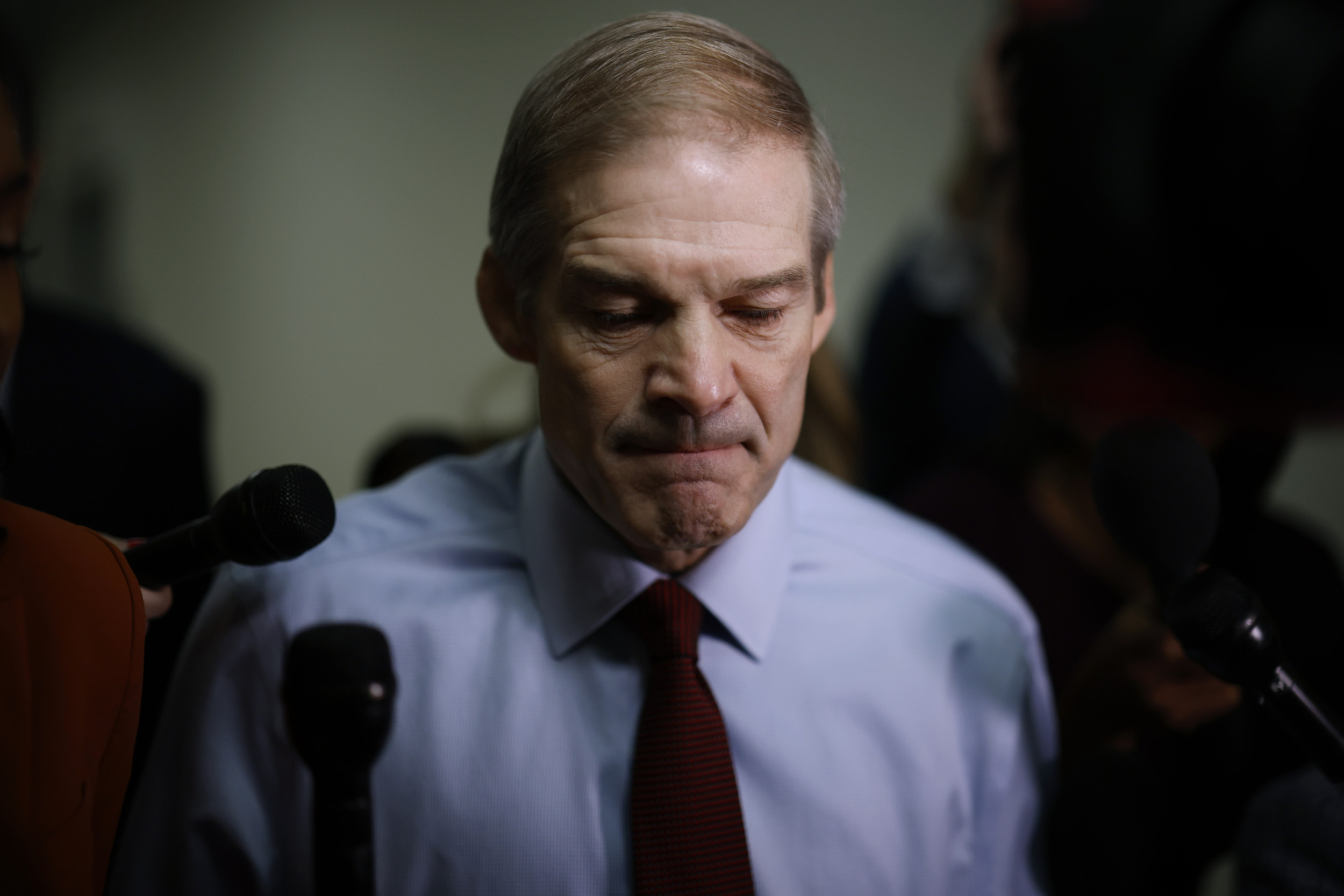Public workers in attempting to enforce street vending laws in San Francisco have purportedly taken to wearing bulletproof vests due to threats and violence that local police are powerless to prevent.
San Francisco Supervisor Hillary Ronen, a Democrat who represents areas of the city that include the densely-populated Mission District, announced in a recent community letter that vending would be temporarily banned along Mission Street beginning in November, citing "unacceptable street conditions" and safety concerns.
Ronen told Fox station KTVU on Wednesday that the San Francisco Police Department (SFPD) was unable "to enforce laws relating to vendors at all" due to a 2018 state law that decriminalized vending and limited the ability of local authorities to prevent it.
Meanwhile, Ronen said, employees of the San Francisco Department of Public Works (SFDPW), who are tasked with enforcing vending regulations, were left in the untenable position of risking their lives while being forced to confront sometimes violent vendors attempting to sell stolen goods.

"Department of Public Works employees who are enforcing the law are wearing bulletproof vests to work every day and many of them are advocating through their union to be reassigned because they don't feel safe doing their job in the Mission," said Ronen. "They've had their lives threatened, they've been assaulted."
Newsweek reached out for comment to the SFPD and the SFDPW via email on Thursday.
Street vending laws radically changed in the state due to the Safe Sidewalk Vending Act, which former California Governor Jerry Brown signed in 2018. Under the law, vending can only be prohibited if it is impeding a highly trafficked pedestrian right-of-way or if it causes "objective health, safety, or welfare concerns."
Ronen said that street vending in San Francisco had helped to brew chaotic conditions that have included city residents abandoning public transportation "because they're scared" and small businesses being forced to close "because people can't get into their stores."
She said that the vending ban, which is set to last for a period of 90 days before being reevaluated, would "bring back a sense of civility and order and safety and vibrancy to our commercial corridors."
Ronen also said that she was working with city officials on solutions to reduce illicit fencing operations and with state lawmakers to potentially change the law in a way that would empower city leaders to have more control over vending.
Earlier this year, Ronen faced criticism while calling for more police presence in the Mission District. Critics accused her of hypocrisy for the stance after having joined calls to defund the police amid the Black Lives Matter protests of 2020.
Responding to the criticism, Rosen told The San Francisco Examiner in March that her position was consistent, saying that she still wanted to "transfer funds from the police department to other, better-situated programs that deal with social problems."








